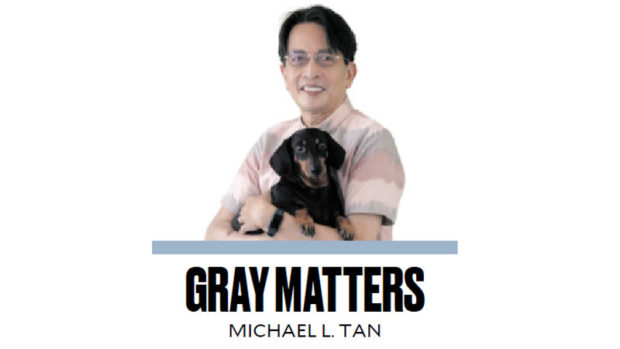The controversies surrounding the Department of Tourism’s “Love the Philippines” campaign have sparked a reflection on a larger international controversy. I am referring to the evolving perceptions of the terms “nationalism” and “patriotism,” which were once cherished values taught in schools but now carry negative connotations. Although I will focus on the English language, similar reservations about these terms can be found in other languages.
To define these terms, I will rely on the insights of American political scientist Joshua Holzer, who outlined their original meanings in a recent article for The Conversation. Nationalism entails loyalty and love directed towards a nation, which Holzer defines as a group of people who share a common history, culture, language, religion, or a combination thereof. On the other hand, patriotism is directed towards a country or state, which Holzer defines as an area of land with its own government.
However, tensions arise when a country is composed of multiple nations defined by ethnicity, language, or religion. For example, Spain faces the Catalonians’ long-standing fight for a separate state, while French-speaking Canadians identify as a Québécois nation. The United States is currently characterized by extreme nationalism, particularly white nationalism, where white individuals react to immigrants and people of color. White nationalists often consider themselves superior to other races, assuming a self-ascribed “white” identity.
In China, there is a distinction between patriotism, translated as “loving your country ideology” (aiguo zhuyi), and nationalism, which translates to “nationality ideology” (minzu zhuyi). The Chinese feel threatened by nationalism from groups like the Muslim Uighur and Buddhist Tibetans, who advocate for secession. In the Philippines, the main threat of secessionism comes from the Moro of Mindanao, who have successfully established a Bangsamoro Autonomous Region in Muslim Mindanao, similar to the Cordillera Administrative Region in the north.
The Philippines serves as a prime example of a country with conflicting sentiments towards nationalism. I grew up hearing cautionary tales about “makabayan” groups, particularly the Kabataang Makabayan (KM), which translates to Nationalist Youth. In Filipino, “makabayan” encompasses both nationalism and patriotism. KM members saw themselves as loving the Philippines, while conservatives perceived them as primarily anti-American. Even in the late 20th century, many Filipinos found it difficult to understand why anyone couldn’t love their “Mother America.”
Regarding patriotism in the sense of loving the Philippines, we are hindered by our strong regional identities, such as being Ilokano or Kapampangan, which hold more power and unity than being Filipino. Additionally, Filipinos face challenges in their loyalties due to diaspora and settlement around the world. With the Philippines allowing dual citizenship, many Filipinos remain nationalistic in their love for the country of their origins while patriotically singing the national anthems of other countries, such as “The Star-Spangled Banner” for the United States or “God Save the King/Queen” for the United Kingdom.
It is crucial that we construct our notions of nationalism and patriotism without resorting to discrimination or hatred towards people different from ourselves in terms of nationality or country. The world has already suffered enough from extreme nationalism, patriotism mixed with racism, and xenophobia. The Philippines, being a relatively young country burdened by periods of colonialism, will require time to develop a sense of Filipino identity, especially considering the complexities of regional identities, languages, and religions. Perhaps we can build our patriotism around the notion of “home,” as the saying goes, where the heart resides.
Denial of responsibility! VigourTimes is an automatic aggregator of Global media. In each content, the hyperlink to the primary source is specified. All trademarks belong to their rightful owners, and all materials to their authors. For any complaint, please reach us at – [email protected]. We will take necessary action within 24 hours.


